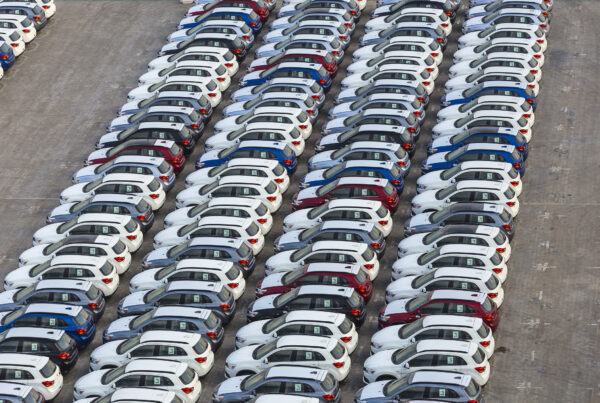Thailand’s automotive sector is poised for a significant boost as the Federation of Thai Industries (FTI) predicts an annual car production exceeding 2 million units within the next two years.
This optimistic outlook is fuelled by the ongoing global economic recovery, and a strategic government initiative to incentivise electric vehicles (EVs) that aims to position Thailand as a regional hub for EV production.
Surapong Paisitpatanapong, Vice-Chairman and Spokesman for the FTI’s automotive club, emphasised that while this measure may boost car imports, the government’s long-term vision is to encourage more investments in EV development within the country.
“The government eventually wants to have more investments in EV development within the country,” stated Mr. Surapong.
The National EV Policy Committee’s ambitious goal, announced last March, aims for EVs to constitute 50 percent of locally made vehicles by 2030, positioning Thailand as a prominent player in the growing EV market.
Increased Car Production
Despite the challenges posed by the global pandemic, Thailand’s automotive industry increased car production to 1.68 million units last year, marking an 18.1 percent year-on-year growth. This exceeded the FTI’s initial target of 1.6 million units.
“In 2018, car production in Thailand stood at 2,167,694, with 1,142,733 units produced for export. Thailand is a leading automaker, assembler, and car component manufacturer, exporting cars worldwide,” highlighted Mr. Surapong.
The FTI expects the industry to rebound from the sales downturn caused by pandemic-related lockdown measures, aiming for a production increase to 1.8 million units this year, with around 900,000-950,000 units set for export.
Mr. Surapong expressed optimism regarding the government’s EV incentive package, stating, “We will see more clearly any progress in the EV market in the second half of this year, driven by the response to incentives for both carmakers and buyers.”
This article is based on information provided by the Federation of Thai Industries and was first published in the Bangkok Post.
Did you find this article interesting? Give it a ‘like’ by clicking the ‘heart’ button above!


















